Estimated reading time: 3 minutes
China’s Rise in the Electric Vehicle Sector
China has emerged as the frontrunner in the electric vehicle (EV) market, surpassing traditional automotive giants such as Germany and Japan. The International Energy Agency’s latest report reveals that more than half of all-electric cars worldwide are now found in China.
Chinese EV Market Expansion
China’s Influence on Global EV Exports
In 2022, China accounted for a staggering 35 per cent of global EV exports, solidifying its position as a key player in the industry. Notably, Chinese automaker BYD outpaced Tesla in electric vehicle sales during the fourth quarter of 2023.
Challenges Facing Chinese EVs
US Scrutiny and Concerns
Despite China’s dominance, challenges loom on the horizon. The US government has intensified its scrutiny of Chinese-made motor vehicles, particularly electric models. This heightened vigilance stems from concerns over suspected labor law violations and a desire to safeguard domestic industries.
Implications of US Measures
The recent actions by US customs officials, as reported by the Financial Times, indicate a growing concern. Several European cars were detained due to the presence of Chinese subcomponents, violating US laws against forced labor. This move aligns with existing tariffs on automotive imports from China, particularly affecting EVs, which face a 25 per cent levy.
EU’s Investigation
Anti-subsidy Investigation by the European Union
Europe, China’s largest export market for EVs, has also announced an anti-subsidy investigation. Analysts predict continued scrutiny in both Europe and the US, impacting not only Chinese autos but also other green tech industries.
Coordination Against Chinese Imports
Experts suggest coordination between American and European officials in resisting Chinese automotive imports. This concerted effort underscores a strategic approach rather than random occurrences of scrutiny.
Concerns Over Forced Labor
While the issue of forced labor remains a point of contention, its direct influence on recent actions by US customs officials remains unclear. Allegations of forced labor primarily relate to goods with lower value-added, such as clothing. However, the association with Xinjiang Uygur autonomous region persists, despite Beijing’s denials.
Political and Economic Ramifications
The targeting of China by American and European officials carries political and economic implications. Analysts argue that protective measures aim to safeguard domestic automotive sectors.
Future Outlook
Despite challenges, China’s trajectory in the EV market remains promising. The country’s commitment to electric mobility is evident in ambitious targets, including a projected 45 per cent market share by 2027. With significant growth in domestic production, China is poised to maintain its dominance in the global electric vehicle sector.



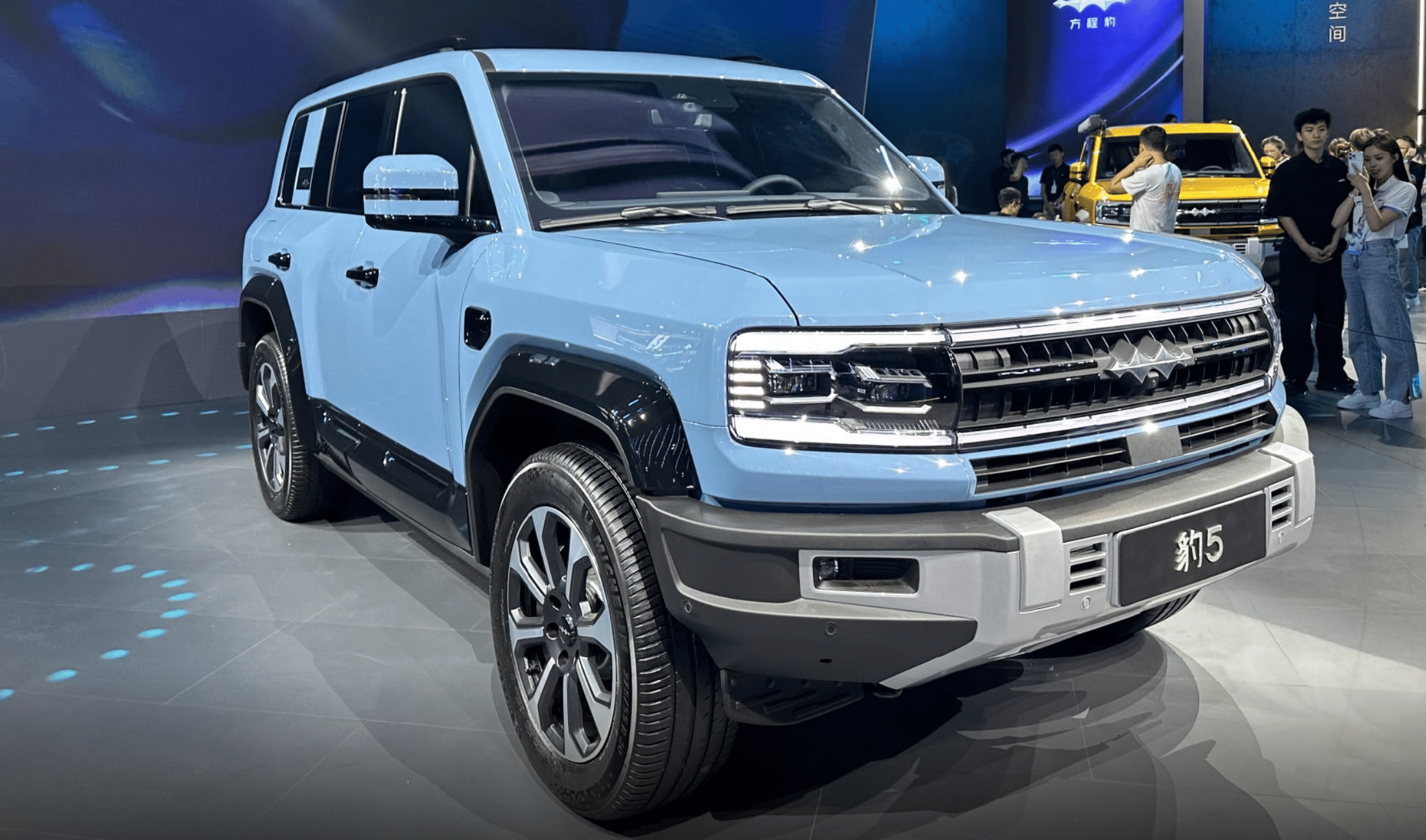
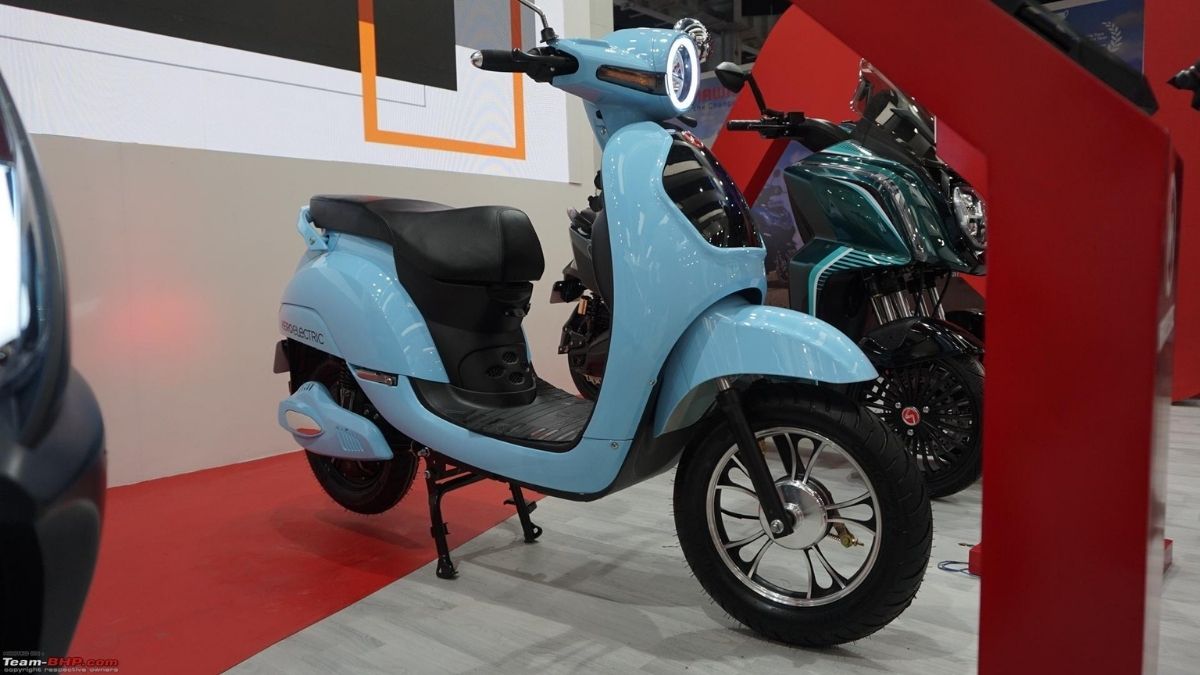
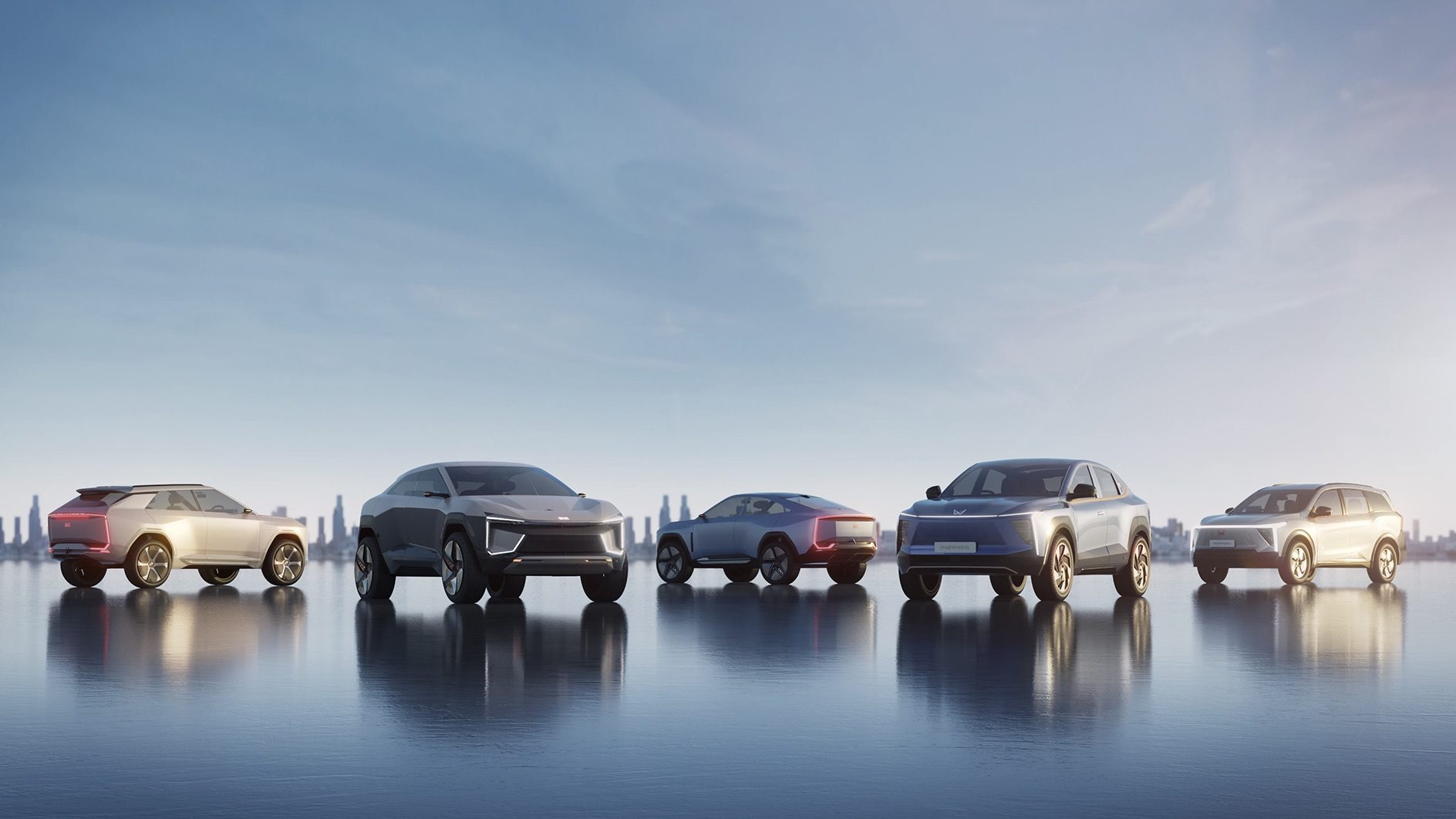




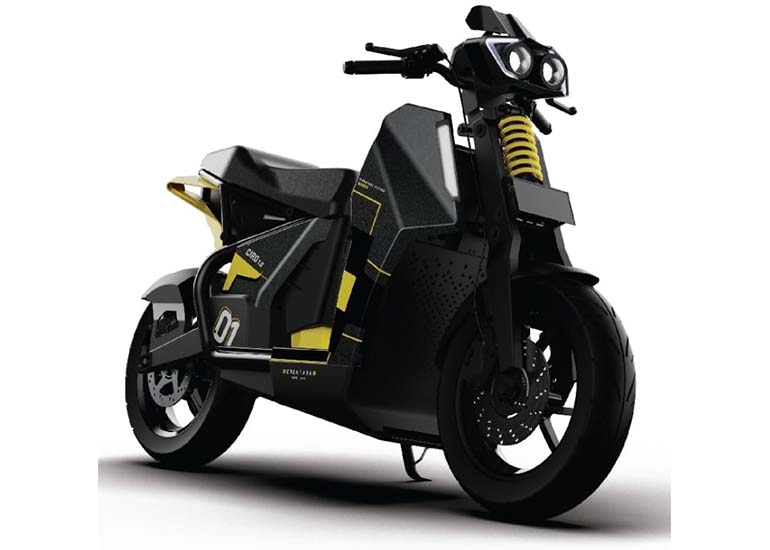
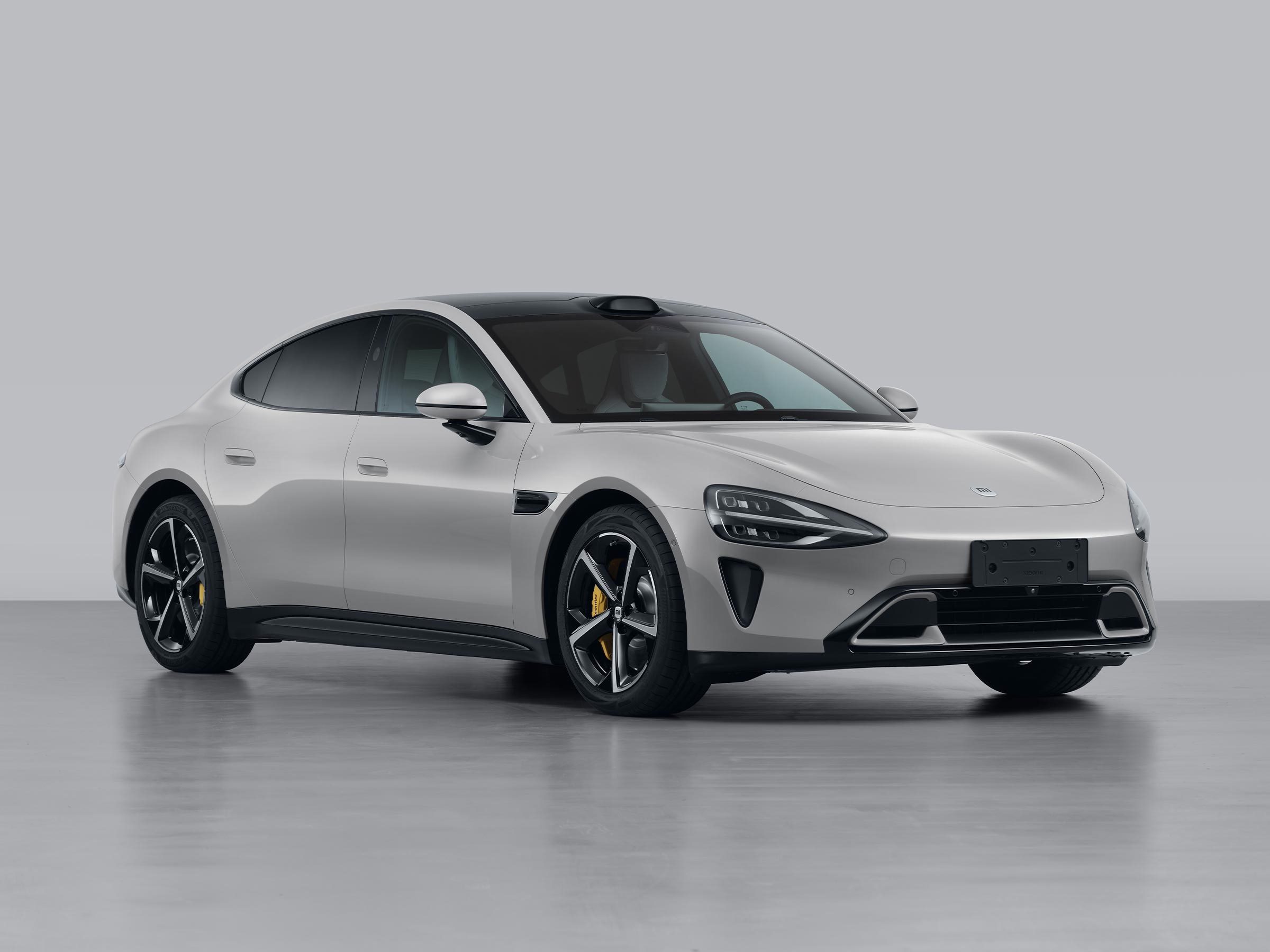








Leave feedback about this